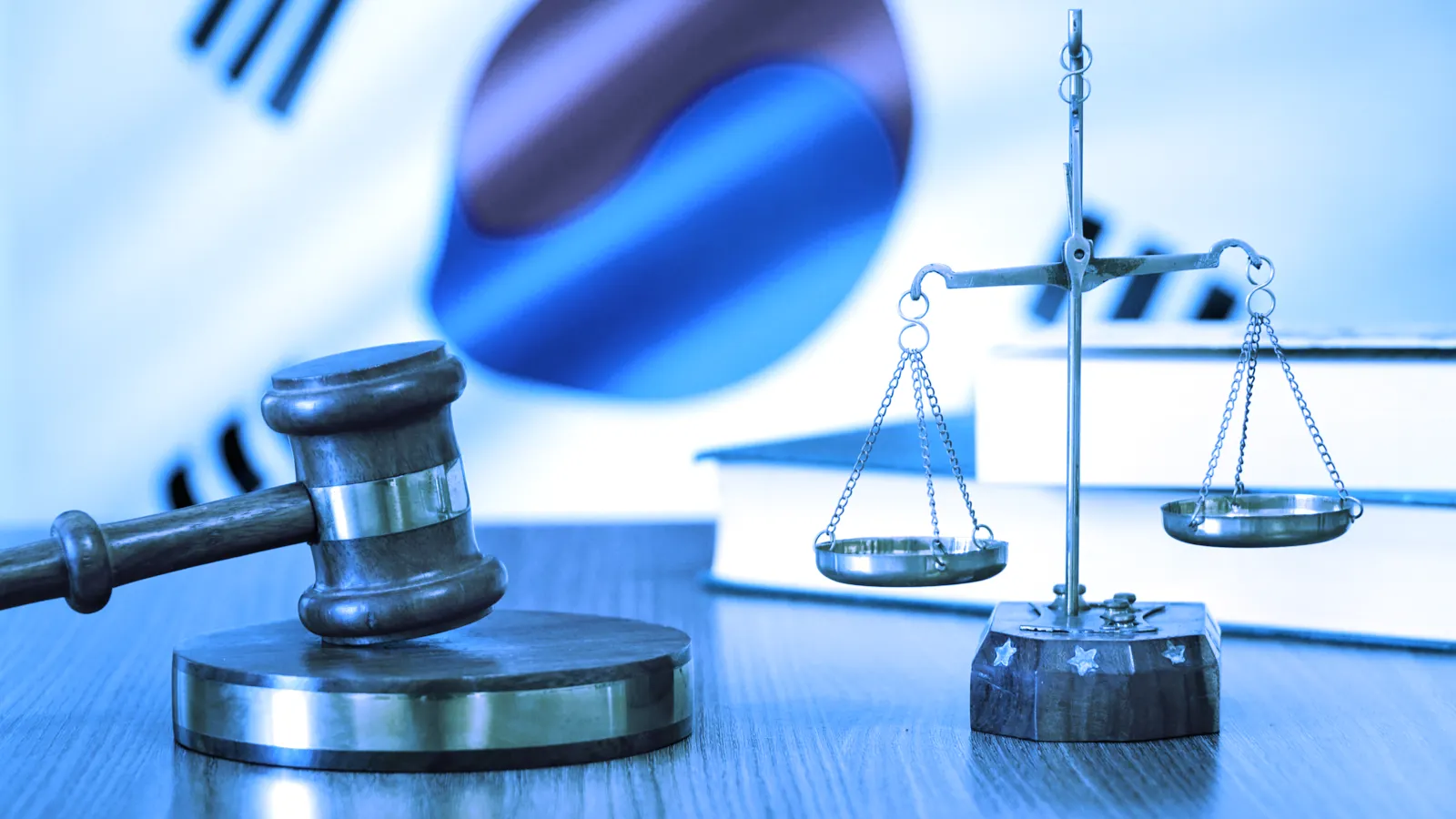After hundreds of thousands of investors fell victim to the collapse of the Terra stablecoin and its sister token LUNA, South Korean financial authorities are planning to enhance monitoring of local crypto exchanges and introduce legal safeguards in the industry, The Korea Times reported Tuesday.
"We need to make exchanges play their proper role, and toward that end, it is crucial for watchdogs to supervise them thoroughly," Rep. Sung Il-jong of the ruling People Power Party said during a National Assembly emergency meeting. "When exchanges violate rules, they should be held legally responsible to ensure that the market functions well without any troubles."
Representatives from the top five local crypto exchanges, including Upbit, Bithumb, Coinone, Korbit, and Gopax, also attended the two-day-long meeting along with the Financial Services Commission Vice Chairman Kim So-young and other government officials.
"We are going to build close ties with the Ministry of Justice, the prosecution and police, in a bid to monitor any illegal acts in the industry and protect investors' rights," Kim said during the meeting.
Terra's UST stablecoin, which relied on an algorithm to maintain a peg to the U.S. dollar, collapsed earlier this month, sparking turmoil in the crypto markets. About 280,000 Korean investors are reportedly estimated to have fallen victim to the stablecoins historic crash.
Per a Monday report from the local outlet Newspim, South Korea's ruling party member and chairman of the parliament's special virtual assets committee Yoon Chang-Hyeon questioned how local crypto exchanges responded to the events surrounding Terra.
Chang-Hyeon suggested that high transaction fees and trading volumes encouraged platforms to keep the UST and LUNA trades open despite clear customer risks.
Last week, the country's Financial Services Commission (FSC) also joined forces with the Financial Supervisory Service to launch emergency inspections into local crypto exchanges, asking for data on the number of transactions and investors.
Law enforcement turns to crypto
Newspim also reported that South Korean police requested that crypto exchanges freeze all funds associated with the Luna Foundation Guard (LFG), the non-profit organization overseeing the Terra ecosystem.
This request is not enforceable by law, though, and each exchange can individually decide how to respond.
Last week, LFG reported that its Bitcoin reserves dropped by more than 80,000 BTC (about $2.3 billion at current prices) over just one week as the entity was desperately trying to defend its stablecoin's dollar peg.
After the network's crash, top Korean investors took legal action against Terraform Labs founder and CEO Do Kwon, blaming him for the lost funds.

